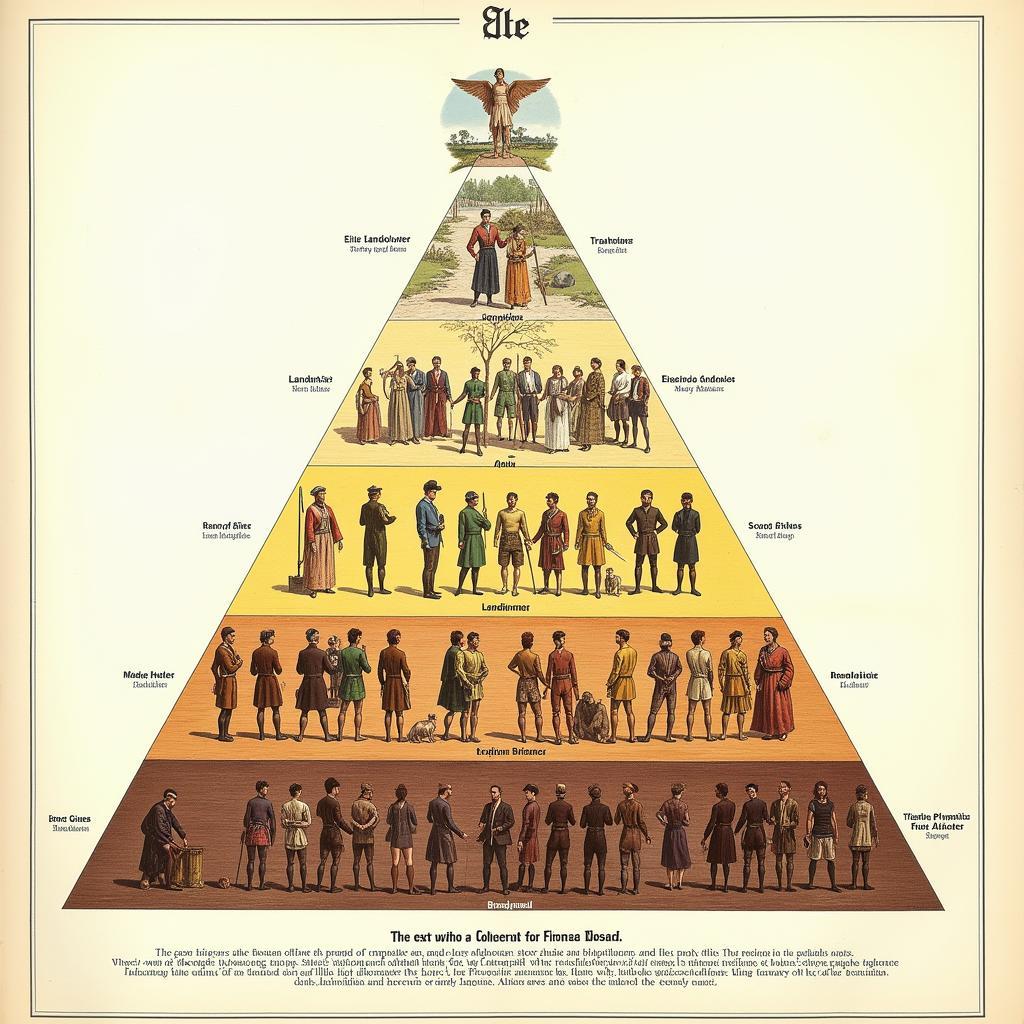Was Colonial America A Democratic Society? This question sparks debate and requires a nuanced understanding of the era’s complexities. While colonial America planted seeds of democracy, it fell far short of the ideals we associate with it today. The system was a complex blend of emerging democratic principles and deeply entrenched inequalities.
Examining the Seeds of Democracy in Colonial America
The colonial period saw the development of representative assemblies, like the Virginia House of Burgesses, which allowed colonists a voice in local governance. Town meetings in New England fostered direct democracy, enabling citizens to participate directly in decision-making. These early forms of self-governance laid the groundwork for future democratic institutions. Furthermore, the very act of colonizing and establishing new communities fostered a spirit of independence and self-reliance, values often associated with democratic ideals. The colonists’ struggles against British rule further fueled this desire for self-determination.
However, it is crucial to acknowledge the stark limitations of this burgeoning democracy. Voting rights were restricted to white, landowning men, excluding a vast majority of the population, including women, enslaved people, and Indigenous populations. This limited franchise meant that the “democracy” of the time represented only a small fraction of society.
how did calvinism affect society
The Role of Religion and Social Hierarchy
Religious beliefs played a significant role in shaping colonial society. The influence of Puritanism in New England, for example, led to a theocratic system where church and state were intertwined. This often resulted in social control and restrictions on individual freedoms. The social hierarchy, often based on land ownership and wealth, further reinforced inequalities. Elite families held significant power and influence, shaping political and economic landscapes.
Who Could Vote in Colonial America?
The question of who could vote in colonial America reveals the limitations of its democratic experiment. Property ownership was a key requirement for suffrage. This meant that only men who owned a certain amount of land or property were eligible to vote. This excluded a significant portion of the population, particularly the poor and landless.
Furthermore, race and gender played significant roles in determining voting rights. Enslaved Africans were denied any political participation, and women were also excluded from the political process. Indigenous populations, despite inhabiting the land for centuries, were largely disenfranchised.
society hill hotel at independence park philadelphia
The Influence of Indigenous Societies
While not often considered within the framework of colonial democracy, Indigenous societies had their own complex systems of governance. Many operated on principles of consensus and community decision-making. These pre-existing structures were often disregarded or actively undermined by the colonizers. Understanding these diverse forms of governance is critical to a comprehensive understanding of the period.
“It’s important to remember that ‘democracy’ as practiced in colonial America was a selective, evolving concept, not the universal ideal we understand today,” notes historian Dr. Amelia Carter of the University of Virginia.
Was Colonial America Truly Democratic? A Complex Legacy
So, was colonial America a democratic society? The answer is complex. While elements of democracy existed, they were overshadowed by significant inequalities. The limited franchise, the influence of religion and social hierarchy, and the disenfranchisement of vast segments of the population paint a picture far from a truly democratic society.
 Depiction of the social hierarchy in colonial America, illustrating the limitations of democratic ideals.
Depiction of the social hierarchy in colonial America, illustrating the limitations of democratic ideals.
“The colonial period represents a crucial step in the development of democratic ideals, but it’s equally important to acknowledge its deep flaws,” adds Dr. Carter. “Understanding this complex legacy is essential for interpreting the evolution of American democracy.”
latin american politics and society a comparative and historical analysis
In conclusion, colonial America presented a mixed bag when it comes to democracy. While seeds of democratic ideals were sown, the reality fell short due to limitations in voting rights and social hierarchies. Was colonial America a democratic society? The answer is a resounding “partially,” a crucial understanding for analyzing the evolution of democracy in America and globally.
FAQ
-
What were the main forms of government in colonial America? Colonial governments varied, but most included a governor, a council, and an elected assembly.
-
Who were the key figures in colonial politics? Key figures included governors appointed by the crown and prominent members of colonial assemblies.
-
What role did religion play in colonial governance? Religion, particularly in New England, heavily influenced law and social norms.
-
How did colonial governance influence the development of American democracy? Colonial assemblies and town meetings served as important precedents for later democratic institutions.
-
What were the limitations of democracy in colonial America? Voting rights were limited, and significant portions of the population were excluded from political participation.
For any further assistance, please contact us at Phone: 02043854663, Email: [email protected] or visit us at Zone 34, Bac Giang, 260000, Vietnam. We have a 24/7 customer support team.